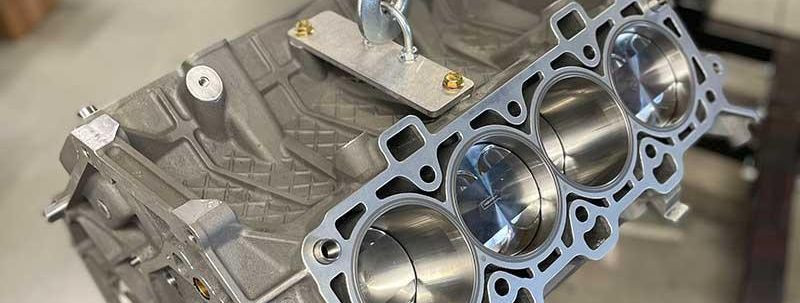The future of chip-tuning: what's next?
Chip-tuning, also known as ECU (Engine Control Unit) remapping, is the process of modifying the electronic control unit of a vehicle to improve performance. This can include changes to fuel injection, ignition timing, and boost pressure to enhance power output, fuel efficiency, and the overall driving experience.
From its inception in the 1980s, chip-tuning has evolved from simple EPROM swaps to sophisticated software modifications. The industry has witnessed a shift from hardware to software-based solutions, enabling more precise control over engine parameters.
The Current State of Chip-Tuning
Today's chip-tuning leverages cutting-edge technology, including real-time data analytics and cloud-based services, to optimize vehicle performance. Advanced diagnostic tools and software have made the process more accessible and efficient.
As emissions standards tighten, chip-tuners must navigate a complex regulatory landscape to ensure compliance while still delivering performance gains.
Consumers are increasingly seeking personalized experiences, leading to a demand for custom tuning profiles that cater to individual driving styles and preferences.
Emerging Technologies in Chip-Tuning
The integration of AI and machine learning promises to revolutionize chip-tuning by enabling self-optimizing engines that can adapt to various conditions and user inputs.
As the automotive industry shifts towards electrification, chip-tuning is expanding to include electric and hybrid vehicles, focusing on battery management and power distribution.
The rise of connected vehicles and advancements in autonomous driving technology are opening new frontiers for chip-tuning, with potential for enhanced safety features and optimized energy consumption.
Future Predictions for Chip-Tuning
Chip-tuning is expected to become more integrated with other vehicle systems, such as advanced driver-assistance systems (ADAS), to improve overall vehicle performance and safety.
The future of chip-tuning lies in offering a more personalized and user-centric approach, with tuners providing bespoke solutions that reflect the unique needs and desires of each customer.
With a growing emphasis on sustainability, eco-friendly tuning options that reduce emissions without compromising performance are set to become more prevalent.
Preparing for the Future
To stay competitive, chip-tuners will need to continuously develop their skills and knowledge, particularly in areas like software engineering and data analysis.
Investment in the latest tools and equipment will be crucial for chip-tuners to deliver cutting-edge services and keep pace with technological advancements.
Understanding and anticipating regulatory changes will be key for chip-tuners to ensure their services remain compliant and marketable in the future.








Comments (0)